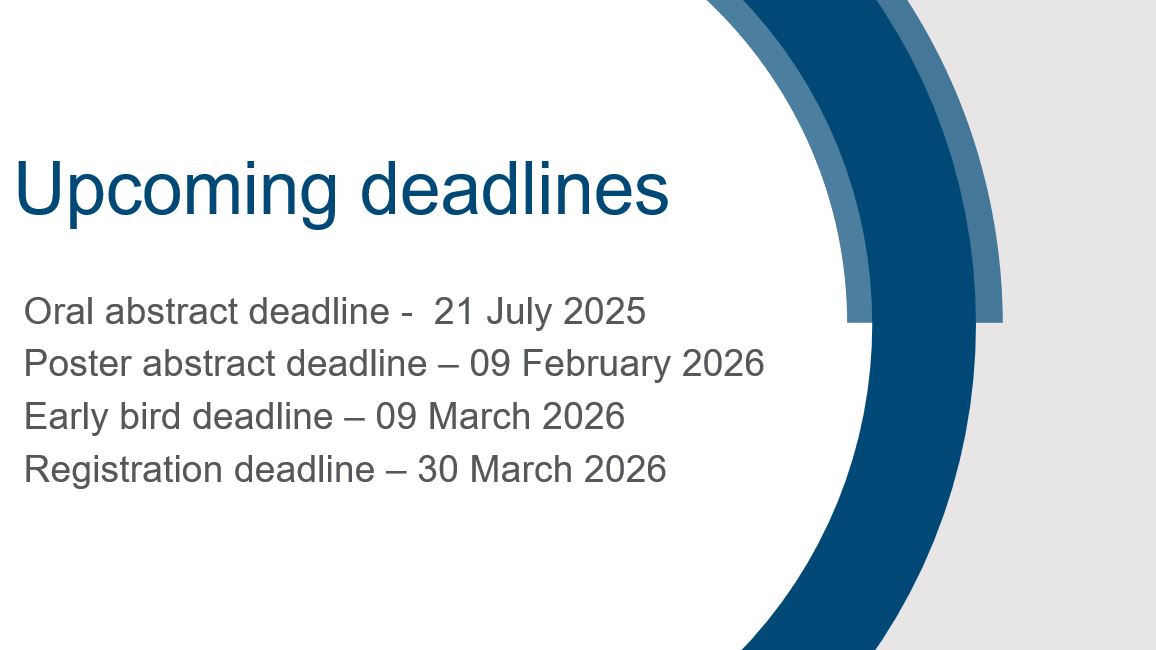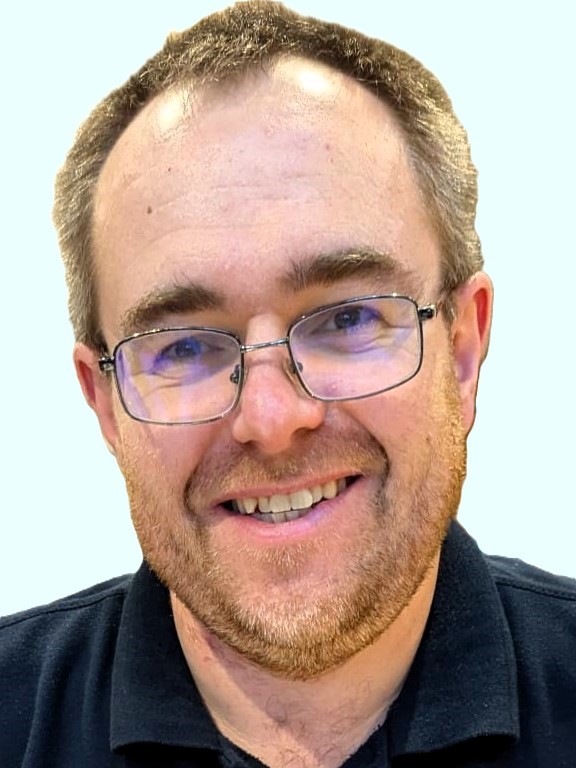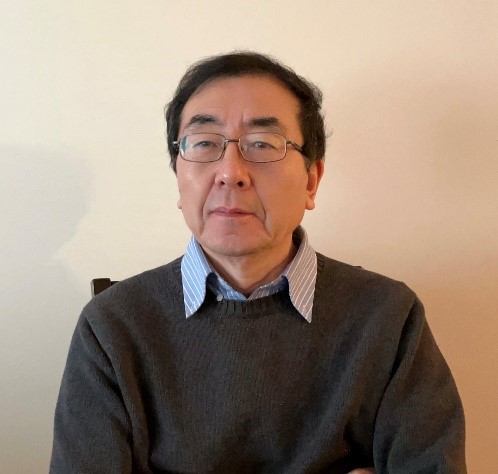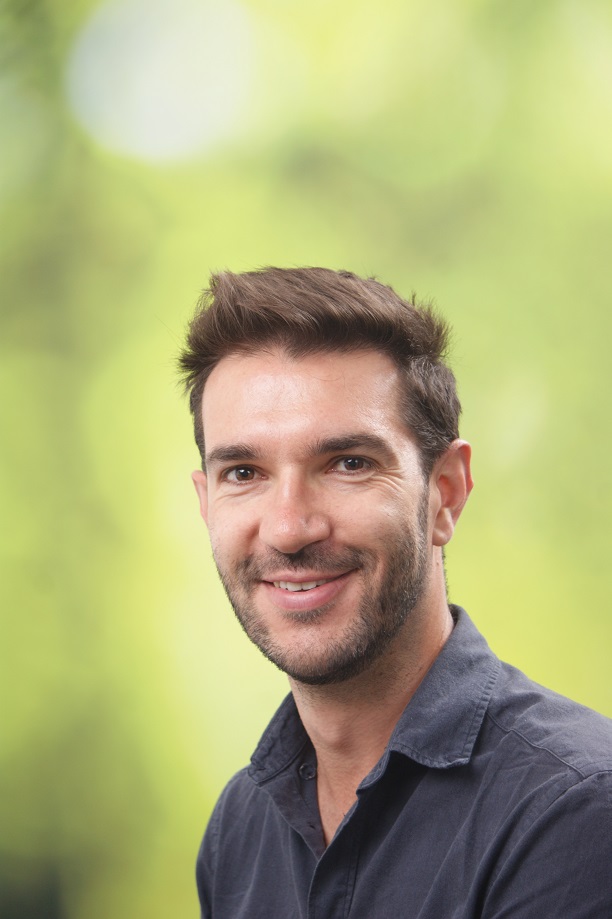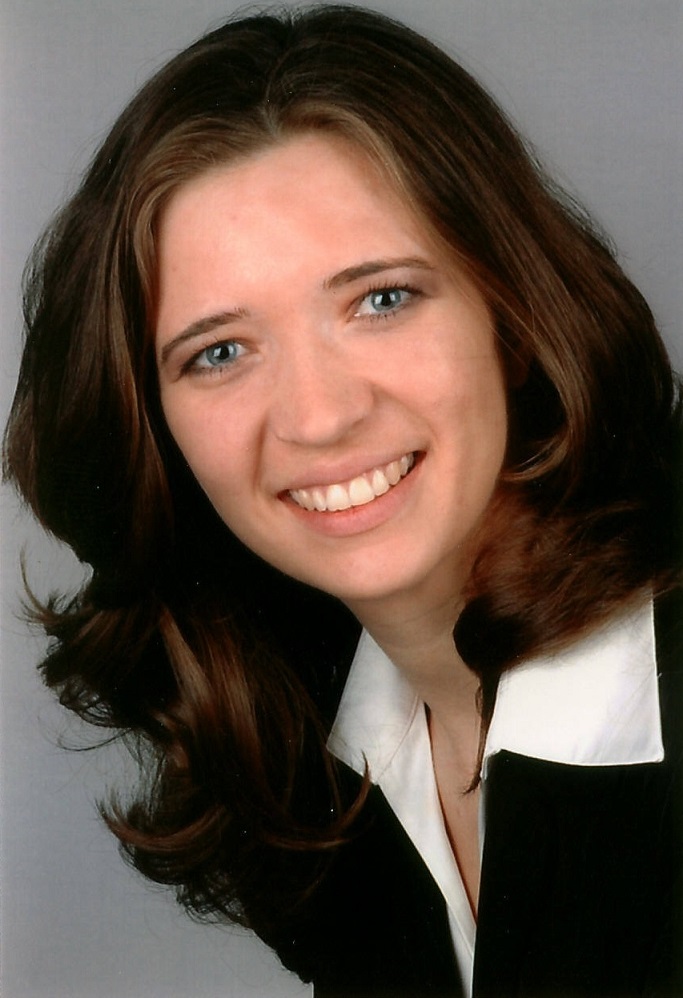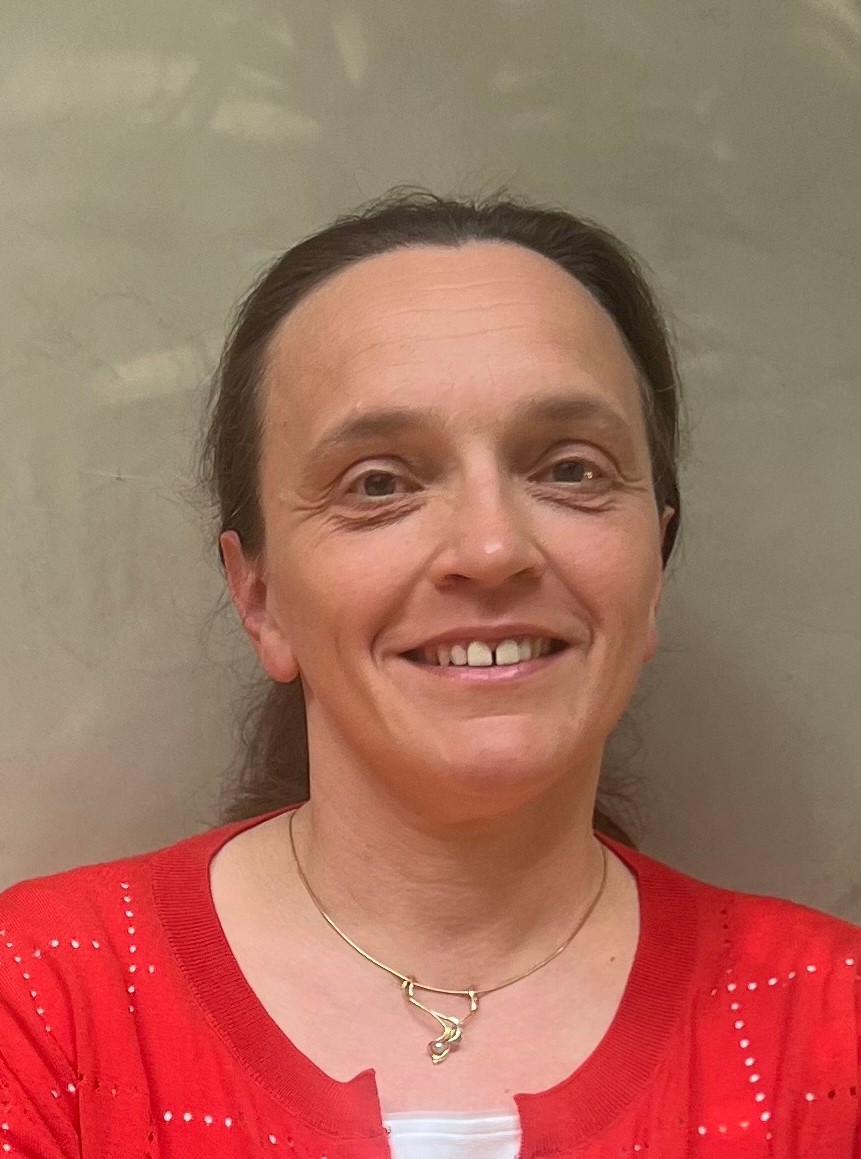Welcome
Join us in London in April 2026 for this edition of the Faraday Discussion series, unique international discussion meetings that address current and emerging topics at the forefront of the physical sciences.The Discussion will bring together established and early-career scientists, postgraduate students and industrial researchers from the heterogenous catalysis and surface chemistry communities to design the new catalysts needed for society’s most pressing problems ranging from energy production, air quality and transportation to environmentally sustainable industry.
On behalf of the organising committee, I look forward to welcoming you to London.
Alec Wodtke (Chair)
Why attend?
Find out more about Faraday Discussions in the video and FAQs – see Useful links on the right.A unique conference format that prioritises discussion
At a Faraday Discussion, the primary research papers written by the speakers are distributed to all participants before the meeting – ensuring that most of the meeting is devoted to discussing the latest research.
This provides a genuinely collaborative environment, where discussion and debate are at the foreground. All delegates, not just speakers, are invited to make comments, ask questions, or present complementary or contradictory measurements and calculations.
An exciting programme of talks – and more
Take part in a well-balanced mix of talks, discussion, poster sessions and informal networking, delivered by our expert events team. You can explore the full programme in the downloadable files on the right – whether you’re attending in-person or online, every minute provides an opportunity.
The conference dinner, included in the registration fee, contains the Marlow Cup ceremony: a unique commemoration of past Faraday Discussion organisers that is sure to encourage further discussions over dinner.
In-depth discussion with leaders in the field
World-leading and established researchers connect with each other and early-career scientists and postgraduate students to discuss the latest research and drive science forwards. It’s a unique atmosphere – and challenging others to get to the heart of the problem is encouraged!
Your contributions, published and citable
A citable record of the discussion is published in the Faraday Discussions journal, alongside the research papers. Questions, comments and remarks become a valuable part of the published scientific conversation, and every delegate can make a major contribution.
Themes
The Discussion will be organised into four themes:New experimental methods for observing catalysts in action
This session will focus on the dynamic nature of catalytic surfaces. Monitoring structural and chemical changes non-invasively during reactions poses a significant challenge in catalysis research. The operando methodology discussed in this section integrates the characterization of a catalyst's structure and composition while it is operational with the analysis of its performance. This comprehensive approach allows for a deep understanding of the catalyst's morphology, structure, surface/bulk composition, and their intricate interactions with reacting molecules and conditions.
Impact of artificial intelligence on heterogeneous catalysis
To apply AI and especially large language models effectively in catalysis research, fundamental changes are needed in the way experimental and computational data are reported. Data will be a central part of the discussion, including a critical analysis of databases (computational and experimental data), the quality of data and metadata, and the challenges of obtaining data. We will also discuss which AI methods are expected to yield breakthroughs, the role of generative large language models, machine-learning force fields, the concept of “materials genes” in heterogenous catalysis, uncertainty quantification, and more.
Chemical mechanisms and system analysis in heterogeneous catalysis
The catalyst surface is dynamically and chemically involved in the reaction and may change its chemical composition and physical structure due to the ongoing catalytic reactions that release heat and involve the catalyst’s atoms. We will discuss experimental and theoretical challenges in how we identify key reaction intermediates, elementary reaction steps and active configurations of the most important elementary reactions.
Rational design of dynamic and self-repairing active sites
The development of new strategies for catalyst design that allow for the prediction of their dynamic changes and ability to self-repair is crucial for achieving control over their long-term activity, selectivity, and stability. We will discuss novel approaches that can be employed in the design of atomically precise sites and the design of stable precursor structures that can be dynamically converted to active sites by adsorbed reactants/intermediates during the catalytic reaction. We will also consider whether self-assembly principles can be used to control the stability and repair of the active sites.
